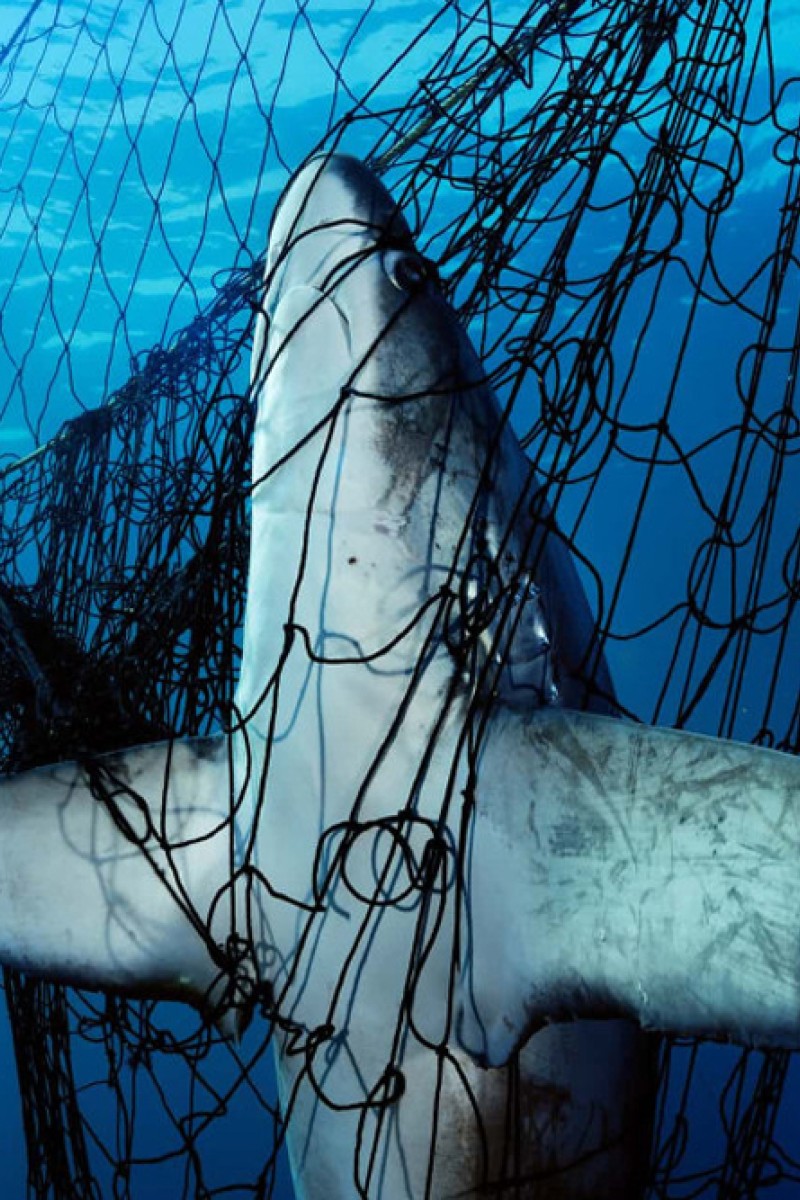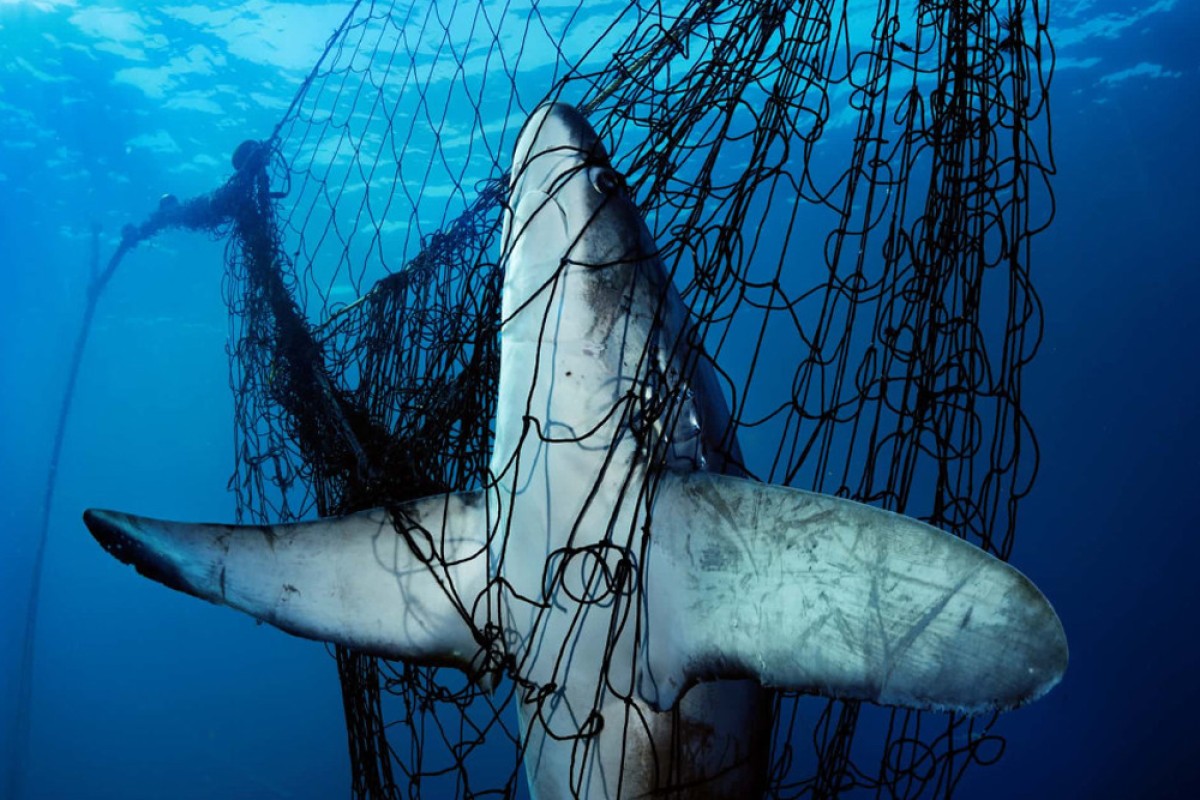
Hong Kong makes up for 50 per cent of the global shark fin trade - here's why you should get involved in stopping it
Jaws, Shark Tale, Sharknado: the world is fascinated with sharks. So why do we still allow the practise of cutting off their fins for food to continue?
 Tens of millions of sharks die each year as victims of fishing to satisfy the demand for shark fin soup.
Tens of millions of sharks die each year as victims of fishing to satisfy the demand for shark fin soup.If the lion is considered the king of the jungle, then we think the shark takes the ocean crown for being the king of the sea. Unlike dolphins, which are mammals and breathe air like us, sharks are a species of fish. And unlike dolphins, which are popular with people, sharks often have something of a undeserved bad reputation. Sharks, though, are amazing creatures in their own right, and deserve just as much protection as we’d give any other animal – and that includes condemning shark finning.
Shark finning is the removal of fins from sharks – often when the shark is still alive. Sometimes, they get thrown back into the ocean – but without their fins, they have next to no chance of survival. Other times, they get tossed on-board fishing boats, where they suffocate and die. Either way is a pretty horrible way to die.
According a 2013 edition of the journal Marine Policy, around 100 million sharks are killed every year to satisfy the demand for shark fin and meat. Hong Kong is one of the world’s biggest shark fin trading hubs, and makes up 50 per cent of the global shark fin trade. Why, when so many other countries have banned the practise already, is shark fin still so popular – and legal – here? Young Post talked to Tracy Tsang, a senior programme officer at WWF-Hong Kong, and Apple Chow, an executive director at Hong Kong Shark Foundation, to find out more.
Tsang said that, for locals, eating shark fin is something that is ingrained deep in our food culture.
“Abalone, sea cucumber, dried fish organs, and shark fin make up the ‘big four’ dried seafoods,” Tsang said. “People consume shark’s fin soup mostly during weddings, birthdays, and festival celebrations.”
Shark fin is seen as a symbol of class and wealth, which is why hosts of a special event or occasion will serve it. Despite a growing number of people that are choosing not to serve this dish, it is still a popular dish that implies status without having a person actually having to state it.
Chow said that, under the Convention on International Trade in Endangered Species of Wild Fauna and Flora (CITES), 12 shark species are listed as endangered, or threatened with extinction. Late last year, a study found that more than a third of shark fin products sold in Hong Kong shops come from species that are vulnerable or endangered.
“Statistics show that, in 2016, 5,700 tonnes of shark fin was imported [into the city]. In 2011, that number was 10,300 tonnes. We’re happy to see a decline,” Tsang said, but added that more needs to be done to impress upon people the importance of not consuming shark fin. “[From our research, we found that] 100 per cent of Chinese restaurants are still willing to sell shark fin.”
“Young people are very aware [of the dangers of shark finning], and demand for shark fin seems to be reducing,” Chow said. “But the problem is that shark fin is still commonly found in traditional Chinese restaurants. We urge restaurants to help in reducing the sales of shark fin, and to help stop threatened shark species from being culled further. We also urge the government to tighten shark fin regulations, and to provide proper consumer information.”
Last year, Hong Kong published a bill to ban the ivory trade by 2021. It’s not too late to take similar action to ban the shark fin trade. Whether it’s advocating and adopting a shark’s fin soup alternative, pushing educational campaigns, or straight-up banning the import of shark fin outright, we need to do something, and we need to do it soon.
Organisations you can get invovled in:
WWF Hong Kong - Say No to Shark Fin
Shark Savers - I'm FINished with Fins